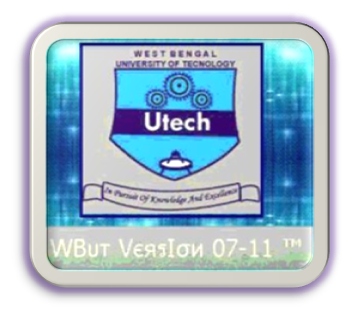The idea of a change in system of governance may seem preposterous but I have given it a serious thought before writing this blog. All the problems that the present government is facing are due to our system. The days of single party majority are gone and chances of it coming back, in the near future is remote. In the last two decades we have formed innumerable rag tag coalitions, which have hurt the Indian Democracy badly. Today the governments in power need to depend and give in to the whims and fancies of some king makers. The governments concentrate more on keeping themselves in power rather than on good governance. That’s the basic problem that we face today. We need to revamp this system in to more efficient one and for that wee need a Presidential form of government.
Two great and efficient democracies follow two kinds of Presidential form of governments, Russia and United States of America. I will prefer the latter but the Russian one will suite us better.
The Russian system is such that various steps are completed before a President is elected. First a lot of candidates throw their name into the gauntlet and elections take place. The two candidates that secure the highest number votes then contest the election.
How will it work in the Indian system? The so called ‘netas’ will file their nomination papers with at least ten parliamentarians forwarding it. Due to the fragmented nature of our country no one will secure fifty one percent votes in the first stage. So the two best candidates move on to the second round. The losers will then throw their weight on the candidate of their choice. Finally we will have our own President.
Does such a system not automatically favour candidates from the more populous states? one may ask. Is there any chance that someone from Manipur or Lakshadweep will ever win the votes of a majority of the country's voters? Could a Muslim or a Dalit be elected president? These are fair questions, but the answer surely is that their chances would be no better, and no worse, than they are under our present system. Seven of India's first 11 prime ministers, after all, came from Uttar Pradesh, which surely has no monopoly on political wisdom; perhaps a similar proportion of our directly-elected presidents will be UPites as well. How does it matter? Most democratic systems tend to favour majorities; it is no accident that every president of the United States has been a white male Christian (and all bar one a Protestant), or that only one Welshman has been prime minister of Great Britain. But i dare say that the need to appeal to the rest of the country will oblige a would-be president from UP to reach across the boundaries of region, language, caste and religion, whereas in our present parliamentary system a politician elected in his constituency on the basis of precisely such parochial appeals can jockey his way to the prime ministership. A directly-elected president will, by definition, have to be far more of a national figure than a prime minister who owes his position to a handful of political king-makers in a coalition card-deal. I would also borrow from the US the idea of an electoral college, to ensure that our less populous states are not ignored by the candidates: the winner would also be required to carry a majority of states, so that crushing numbers in the cow belt alone would not be enough.
Why should we underestimate the wisdom of the Indian Electorate? Jamaica with a 97% black population elected a white president. In Argentina a country that is proud of its European origins twice elected, son of Syrian immigrants, Carlos Saul Menem. Peru elected a Japanese origin President in Alberto Fujimori. Indeed, the voters of Guyana, a country that is 50% Indian and 47% black, elected as president a white American Jewish woman, who happened to be the widow of the nationalist hero Cheddi Jagan. A story with a certain ring of plausibility in India.
The adoption of a presidential system will send our politicians scurrying back to the drawing boards. Politicians of all faiths across India have sought to mobilise voters by appealing to narrow identities; by seeking votes in the name of religion, caste and region, they have urged voters to define themselves on these lines. Under our parliamentary system, we are more and more defined by our narrow particulars, and it has become more important to be a Muslim, a Bodo or a Yadav than to be an Indian. Our politics have created a discourse in which the clamour goes up for Assam for the Assamese, Jharkhand for the Jharkhandis, Maharashtra for the Maharashtrians. A presidential system will oblige candidates to renew the demand for an India for the Indians.
Any politician with aspirations to rule India as president will have to win the support of people beyond his home turf; he will have to reach out to other groups, other interests, other minorities. In that may lie the presidential system's ultimate vindication
NAME: KRISHNENDU SANYAL
STREAM: BBA
COLLEGE: TECHNO INDIA, SALT LAKE, KOLKATA
EMAIL: sanyal.krishnendu@gmail.com
Monday, July 21, 2008
Subscribe to:
Post Comments (Atom)

1 comment:
u mentioned dat out of 10 "netas" 2 will be shortlisted.but how r u going to select dis 10 "netas".[remember dere r more 10 parties in india]
how r u going to elect othr ministers.frankly speaking im a indian i dont know abt america or russia[i dont need to know]
so tell me how will u from cabinet ministry.
so do u plan to apply da same principle for state as well
ur thougts r gr8.bt dis is india wid 90% of its people r illiterate,how ur going to convince dese peoples to embrace dis system
Post a Comment